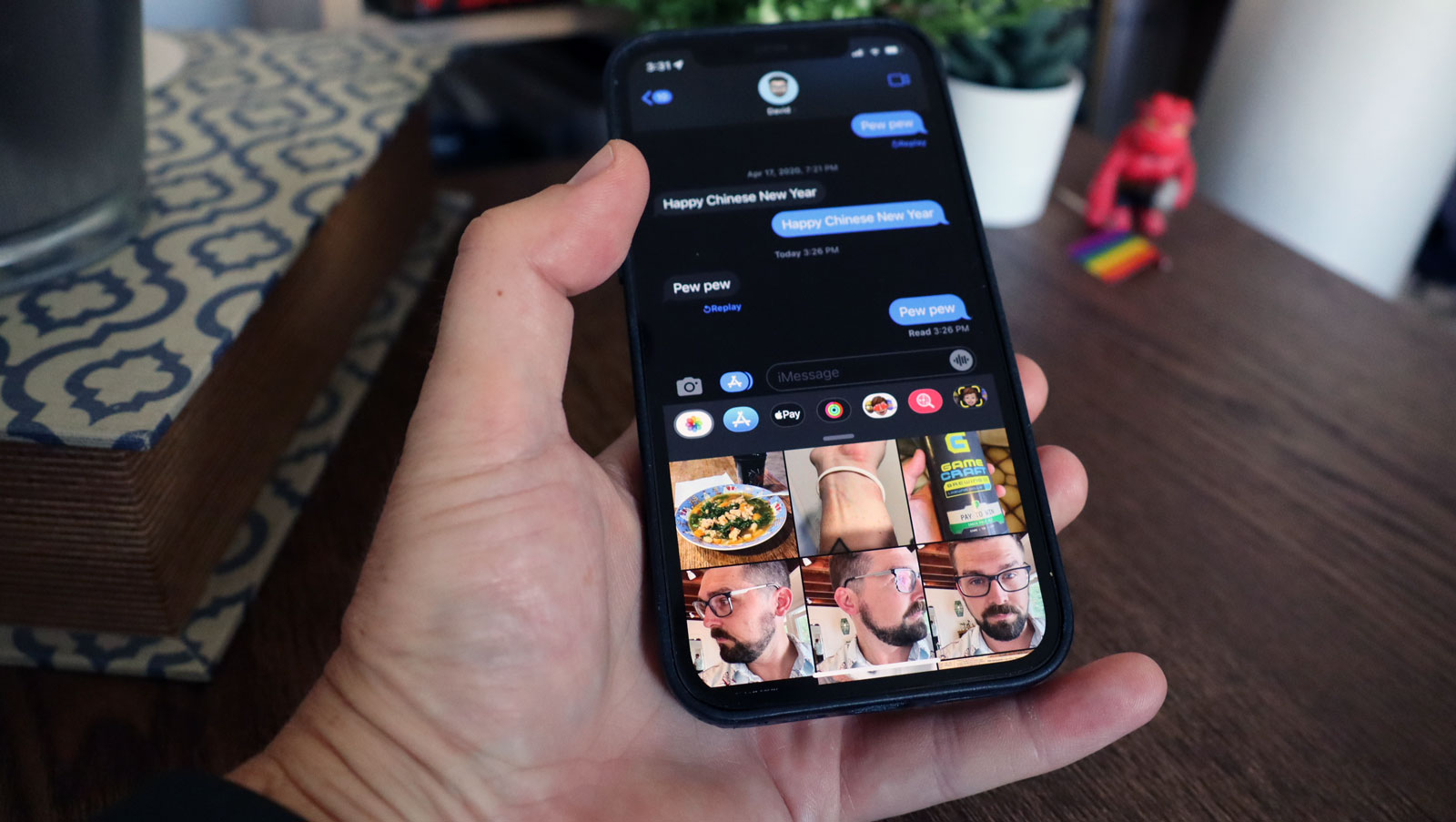
If you’re an Android user, then you’ve probably experienced an issue when communicating with iPhone owners using iMessage – namely that emoji reactions sent from iPhones would be translated into text and delivered as a separate message.
No longer though, as Google’s March Android feature drop includes updates for the Messages app, one of which is the ability to view emoji reactions properly.
Other updates include messages being automatically sorted into ‘personal’ and ‘business’ categories, in-app birthday reminders, and nudges that remind you to reply or follow up on messages.
Gboard meanwhile is getting thousands of new emoji combinations, along with the ability to correct your grammar (rather than just your spelling).
Google Photos is also getting some improvements, with videos sent via the app playing in the same resolution as the original – and with photos set to do the same soon. You’ll also be able to add Google’s Portrait Blur effect to any image in the app, even if it was shot on a phone that lacks a portrait mode.
Other updates in the feature drop include the ability to share things with multiple people at the same time through Nearby Share, the ability to pay for car parking using Google Assistant, the ability to use Live Transcribe when offline, and improvements to Google TV, with a new personalized feed of news, reviews and other content.
These updates should roll out to the relevant apps over the coming weeks – and they’ll arrive as updates to the apps rather than to Android itself, so you might find you get a drip-feed of them rather than one big update with everything, but it should all be here before long.
Analysis: harmony between Android and iOS? Not quite
The highlight of these updates is arguably the change to how iMessage reactions are viewed on Android, making it a much more pleasant experience to have cross-platform communication on Apple and Google’s messaging apps.
This has been a long time coming, but it’s not quite an ideal implementation, with emojis not always translating perfectly.
Google for its part is also pushing Apple to switch its messaging tech to RCS (Rich Communication Services), which is more modern and secure than the SMS standard that iMessage uses, and which would allow for smoother communication between the two platforms.
Google has been pushing for this for a while, and it’s used its March feature drop announcement to do so once again. Whether Apple should do this is debatable, as RCS has its own issues, but it’s clear the two companies still aren’t totally in harmony.
- Upcoming Android update could stop you deleting your apps






